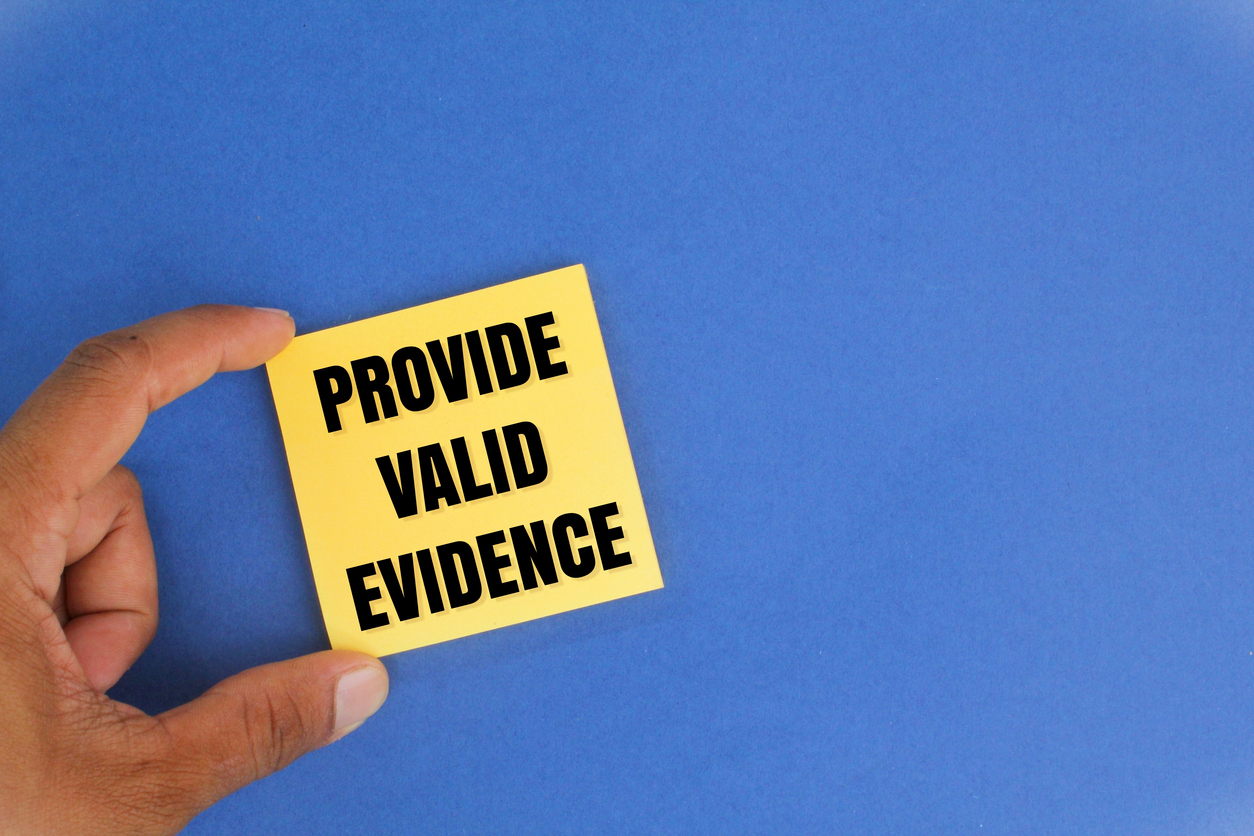My last blog in the "Total Loss" series concentrated on the state of Virginia. This week, I am staying in the Appalachian Mountains and will focus on West Virginia. One historical tidbit about West Virginia–the state was formed during the American Civil War when it seceded from Virginia.1 I do not remember that from history class.
West Virginia has a “valued policy” statute which requires insurance companies to pay the full value of the policy in the event of a total loss. The statue provides in pertinent part:
All insurers providing fire insurance on real property in West Virginia shall be liable, in case of total loss by fire or otherwise, as stated in the policy, for the whole amount of insurance stated in the policy, upon such real property…2
Then what constitutes a total loss in West Virginia? According to a court in one of the earlier cases,
[T]o make a loss by fire total under the valued policy act, the building need not be utterly destroyed and extinguished. If the identity is gone, if its remnant cannot be used as a basis of repair or restoration, the loss is total, calling for full payment of the amount of insurance fixed by the policy.3
Subsequently, courts in West Virginia have held that the test is:
Whether a reasonably prudent owner, uninsured, desiring such a structure as one insured was before the injury, would, in proceeding to restore building to its original condition, utilize as basis for such restoration the remnant of the structure standing, and if such remnant is reasonably adapted for use as such basis there is no total loss.4
So, its appears that West Virginia initially used the "identity" test in determining total loss, but later adopted the "prudent person" test which looks at the asonableness or practicality of repair.
1 http://en.wikipedia.org/wiki/West_Virginia.
2 W. Va. Code § 33-17-19.
3 Hinkle v. North River Ins. Co., 70 W.Va. 681 (1912).
4 Nicholas v. Granite State Fire Ins. Co., 125 W.Va. 349 (1943).




